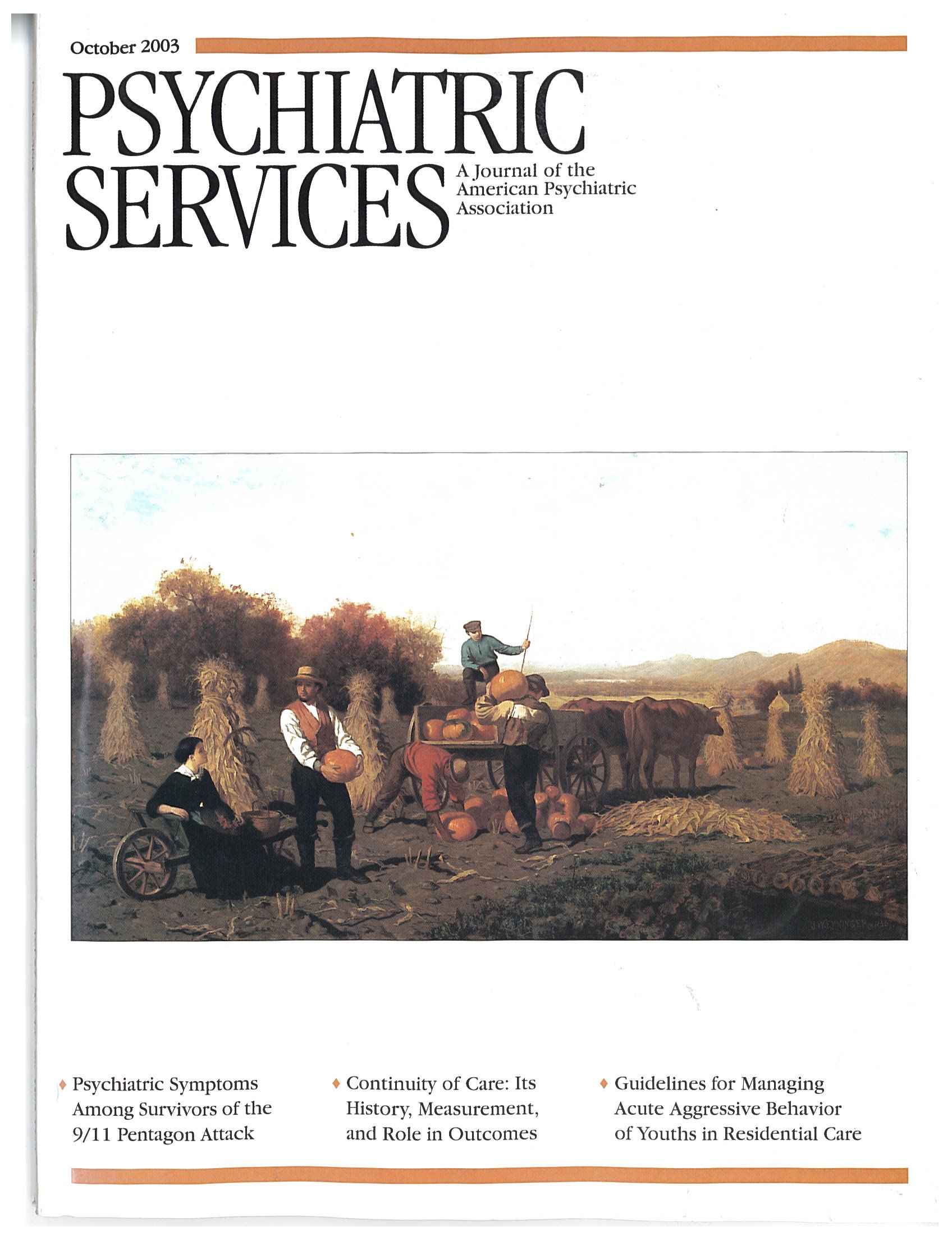Becoming a Therapist: What Do I Say, and Why? is a collaborative work written by Suzanne Bender and her mentor, Edward Messner, a distinguished senior clinician at Massachusetts General Hospital. The book is designed to show the beginning therapist, through example, how therapy is conducted. A single fictitious case—that of a young female college student struggling with her relationships—is followed throughout the book from initial contact with the therapist to termination. The fictional therapist is generally not idealized and is shown making errors in judgment that would be typical for a young therapist, thus providing the learning points necessary for discussion.
About half the text is devoted to realistic-sounding dialogue. Multiple examples are given for some situations, showing various word choices and intentions that lead to very different results. For instance, the therapist responds to an after-hours page from her patient first by performing a psychotherapy mini-session; after some discussion about the ramifications of this choice, the therapist performs a more directed crisis intervention. Similarly, we witness multiple possible decisions on the part of the therapist during the first moments of a therapy session, such as the impact of an ambiguous message left by the therapist on the patient's answering machine and the impact of overly structured and overly passive approaches to the first interview. Discussion about such dilemmas is frank in terms of both what is best for the patient and what is best for the therapist.
A chapter devoted to fee setting and billing is particularly welcome, because many training clinicians do not learn to handle this part of therapy effectively until they leave the structure of their training program. Other helpful inclusions about the mechanics of therapy are a suggested format of chart notes and process notes, a sample history questionnaire for new patients, and a consultation summary of the index case.
Additional patients are introduced briefly to highlight special topics in therapy that are not raised by the primary case. Patients with substance abuse are shown resisting acknowledgment of their illness, with the therapist modeling ways to bring the addiction into the room. Discussion of these patients focuses on the need to modify the insight-oriented approach for an active abuser. A full chapter devoted to the topic of integrating psychopharmacology with psychotherapy introduces a patient who requires medications in addition to therapy.
As a psychiatry resident in the early stage of training, I can say that this book addresses many questions faced by a novice clinician, offers useful advice, and provides a good starting point on which a young therapist can begin his or her career. Becoming a Therapist would appeal to psychiatry residents, psychology interns, social workers, and psychiatric nurses. Nonprofessionals who are interested in learning the basic process of therapy would also find the book accessible because of its restrained use of technical terminology.

